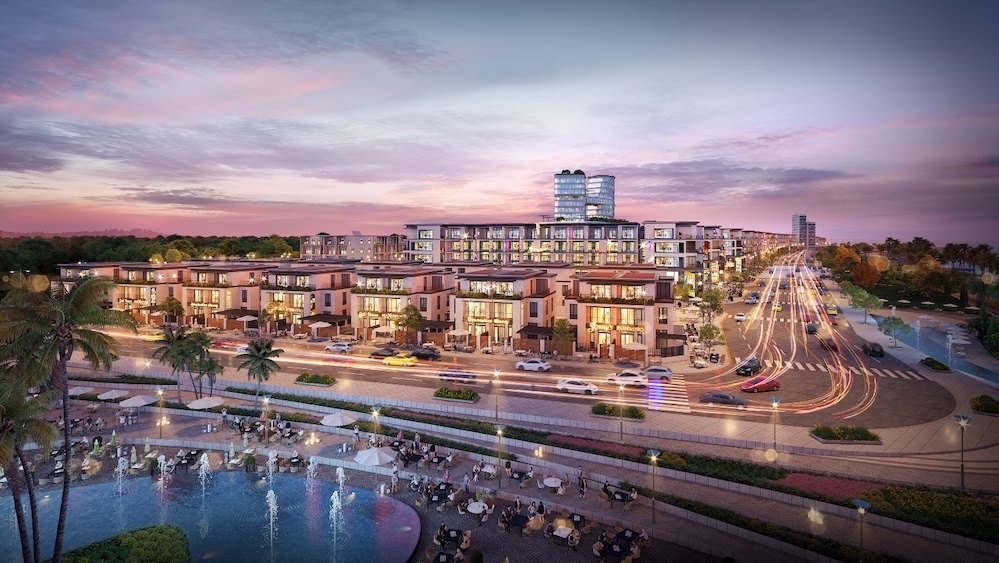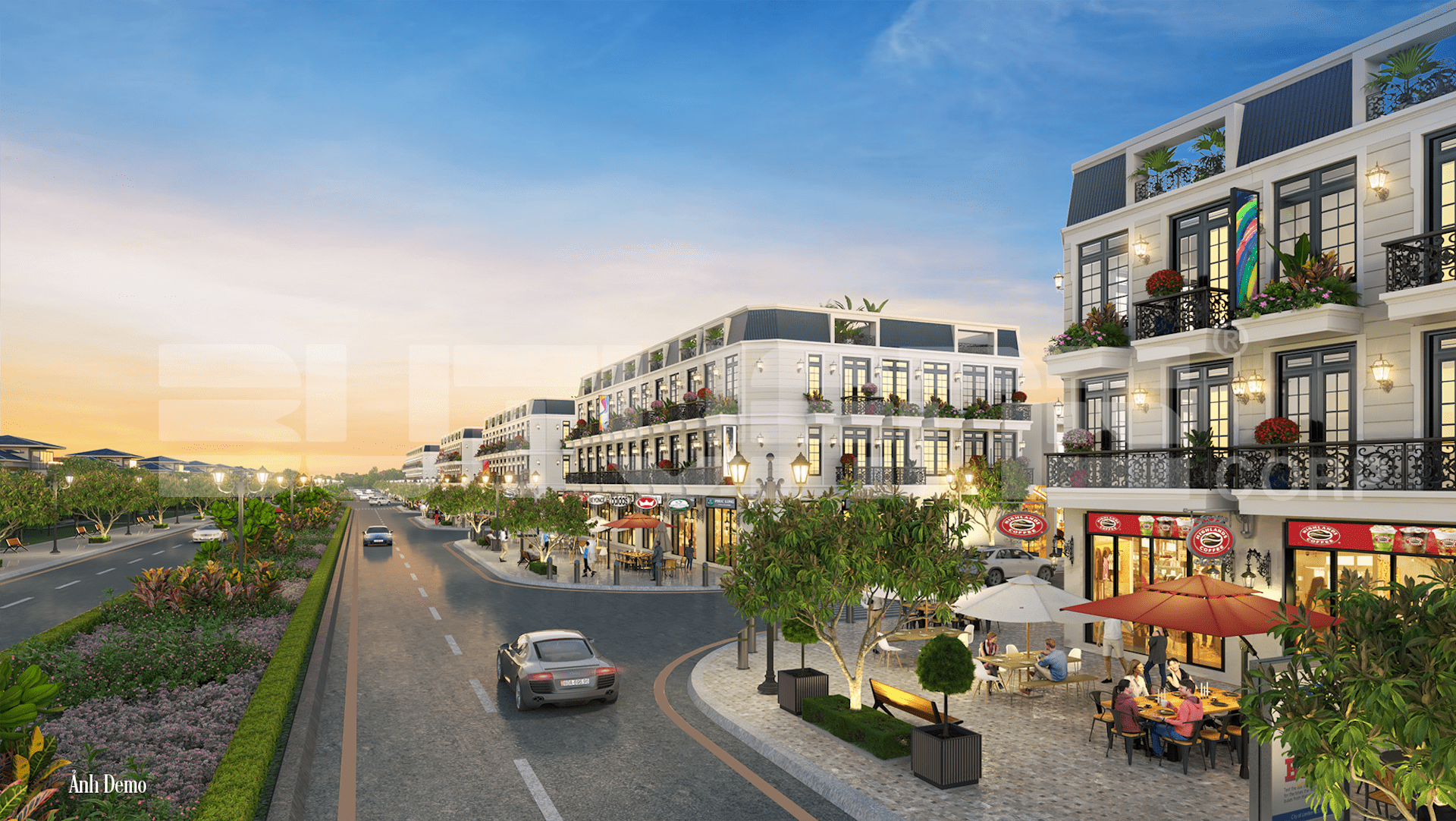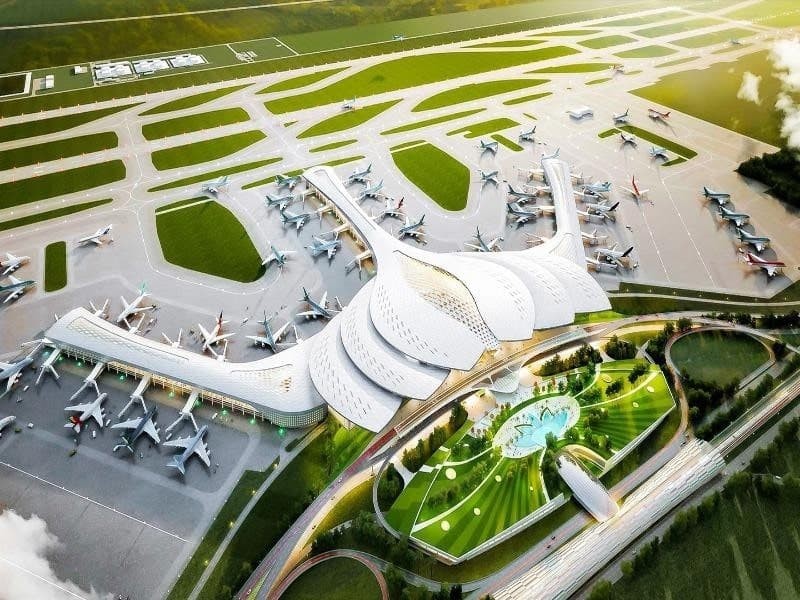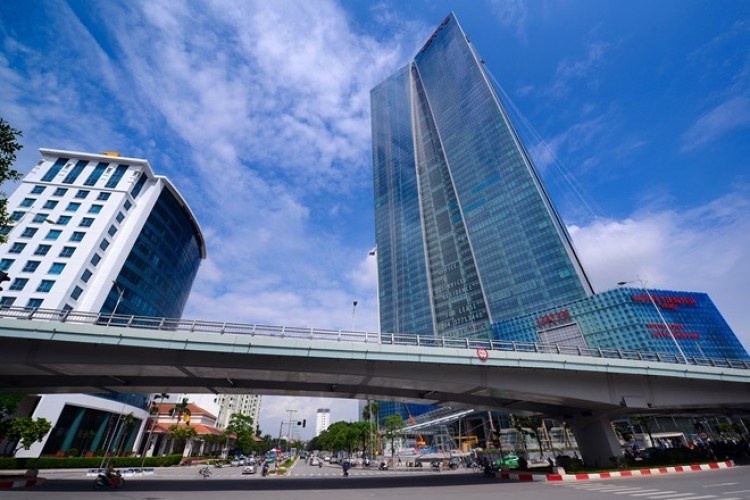What is Smart City?
When talking about Smart City, Ms. Trinh Tu Anh – Director of the Institute of Smart Cities and Management (ISCM) shared “A smart city is a place where technologies are applied to effectively solve urban problems. based on the resources we have at our disposal. The ultimate goal of Smart City is still the quality of people’s lives, and people must be the central factor.”
Up to the present time, the world has not had a unified definition of a smart city (Smart City). Based on local resources and culture, each country and city applies different technologies and develops its own definition to build a smart city.
Basically, Smart City can be understood as an integrated model of information and communication technology, artificial intelligence and high-speed Internet that is covered everywhere. The goal of these cities is to use advanced technology to improve the quality of life of urban residents, improve traffic flow and protect the environment. Besides, Smart City also helps government levels to easily interact directly with the community, control city infrastructure, manage national data, effectively use energy and natural resources.
Necessary elements to build Smart City
Compared to the old days, a city with high-speed Internet is enough to become a Smart City. But in this day and age, when the Internet appears everywhere and becomes popular, the standards for building a smart city are also increasingly raised. Services and technology application systems in smart cities must be developed and diversified to benefit the community.
To ensure the interests of urban residents, experts say that there are 5 factors to contribute to the deployment of smart cities.
Firstly, the city needs to apply a variety of electronic and digital technologies to serve the community. Technology is applied flexibly, depending on the resources and characteristics of the region
Second, the residential community is the main subject of Smart City. Smart cities need to use Information and Communication Technology to help people easily adapt to life in urban areas.
Third, modern and civilized residents participate in monitoring and coordinating to support city management.
Fourth, apply intelligent computing technology to the management of critical services and infrastructure.
Fifth, put information and communication technology into the management system – organization of the government.










